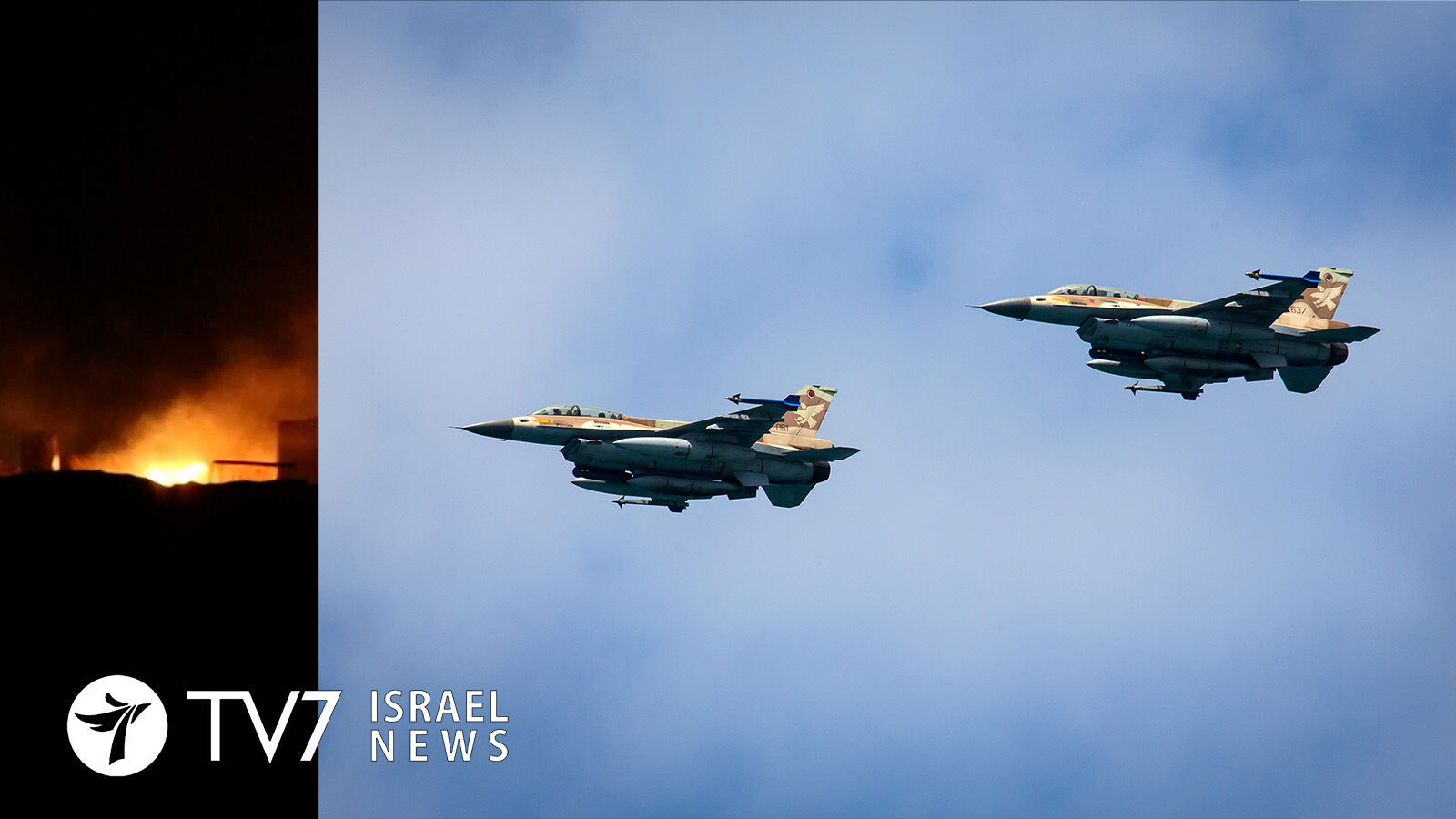IDF helicopters and fighter jets were deployed following an unidentified unmanned aerial vehicle (UAV, drone) that infiltrated the country’s airspace from the direction of the Arab Republic.
By Erin Viner
The IDF said the aircraft did not pose a threat at any stage, and it was ultimately intercepted and downed in an open area by electronic means.
The aircraft was detected and monitored by the Israel Air Force Aerial Control Unit throughout the incident, which comes amid boiling tensions with Syria.
Israel, which has for years carried out airstrikes on Iran-linked targets in Syria, allegedly hit targets in the country six times over the past month.
Early yesterday morning just after midnight, unidentified aircraft launched a salvo of missiles from the direction of Lebanon – in what was the third attack in just four days.
Despite activation of Syria’s aerial defense array, several military installations near the city of Homs sustained direct hits. One of the targets was identified as a weapons storage facility at the Al-Dab’ah Military Airport, said to be controlled by the Lebanese Iranian-proxy Hezbollah terror organization. At least at least two Iranian-backed militants were killed and five Syrian troops were reportedly injured in the attacks, which Damascus once again attributed to Jerusalem.
Western intelligence officials say the Islamic Republic has stepped up aerial weapons shipments to its terrorist proxies, including the Hezbollah terror organization, in attempts to evade IDF strikes on overland ground convoys. Strikes on Syrian airports and air bases have intensified in recent months.
The IDF Spokesperson’s Unit neither confirmed nor denied Israeli involvement in the strikes in response to TV7’s request for comment.
Although officials rarely acknowledge responsibility for specific operations, Israel has acknowledged mounting hundreds of attacks on Iranian-linked targets in Syria – where the Islamic Republic’s forces and proxy have become entrenched in deployments aimed at attacking the Jewish State for almost a decade. Research centers for weapons development and munitions depots operated by IRGC have particularly been in the IDF’s crosshairs.
The Ayatollah regime’s influence has expanded in Syria since it began supporting President Bashar al-Assad in his country’s civil war that began in 2011. Iranian proxies, led by Hezbollah, now control large areas of eastern, southern and northern Syria and in several suburbs around the capital.
Israeli political and defense leaders have repeatedly stated that Iran’s presence just over the northern frontier will not be tolerated.
